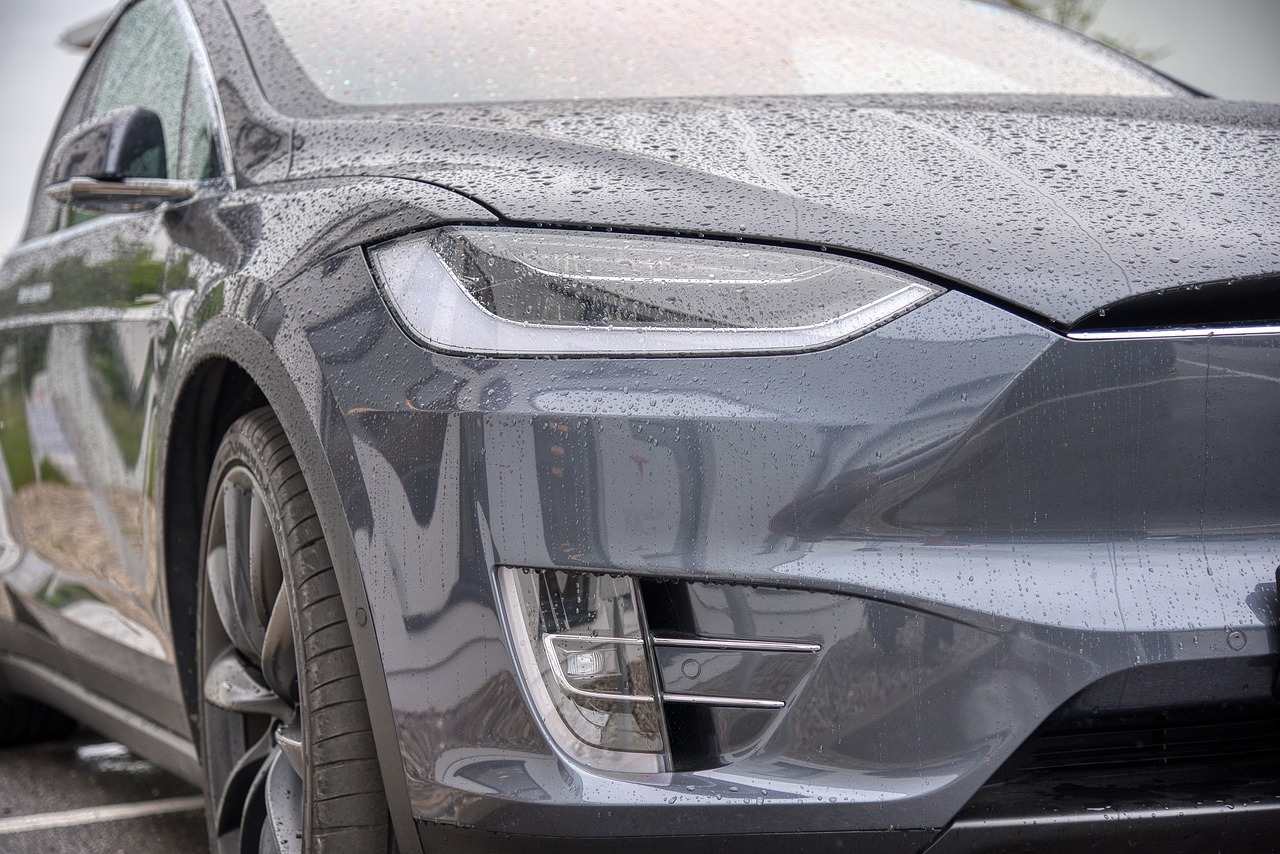While electric vehicles bring with them a lot of benefits, they definitely have a learning curve. With fewer moving internal parts, they are simpler in some ways, but they have one obvious point of annoyance – the charging port. The convenience of charging your EV at home or while you work and saving a trip to the gas station is only possible when your EV charger is in working order, so today, we will discuss what to do when you notice your daily charger is having issues.
When your EV charger falters, it can disrupt your daily routine, but a systematic approach to troubleshooting can swiftly identify and resolve many common issues.
Troubleshooting Checklist
- Connection Check: Begin by examining the connections. Ensure the charging cable is securely plugged into both the vehicle and the charging station. A loose connection is a frequent culprit behind charging disruptions.
- Power Source Verification: Verify that the charger is receiving power. Check for tripped circuit breakers or blown fuses, and ensure the outlet is functioning by testing it with another device.
- Charger and Vehicle Communication: Confirm that your charger and vehicle communicate correctly. If your car does not recognize the charger, consult the vehicle’s manual for troubleshooting steps specific to your model.
- Error Codes and Lights: Many chargers have indicator lights or display error codes. Refer to your charger’s manual to decipher these signals, which can guide you to the specific issue at hand.
- Software Updates: Outdated software can lead to charging inefficiencies. Ensure your charger’s firmware is current, and if you’re using a smartphone app to control charging, check for updates.
- Cable and Charger Inspection: Inspect the charging cable for damage, such as fraying or cuts, and examine the charging apparatus for any visible signs of wear or damage.
- Resetting the Charger: Sometimes, simply resetting the charger can resolve the issue. Power down the charger and unplug it briefly before restarting it.
- Specific Florida Factors: In Florida, heat and humidity can affect charger performance. Ensure your charger is not exposed to direct sunlight for prolonged periods and is clear of debris and dust.
Always prioritize safety when troubleshooting. If you’re unsure about any steps or if the issue involves electrical components, it’s best to consult a professional who can provide a more in-depth diagnosis and solution.
The Role of a Professional Electrician To Upgrade Or Fix Your Charger
When troubleshooting your EV charging station doesn’t resolve the issue, or when considering an upgrade to a more efficient model, the expertise of an EV-certified electrician becomes invaluable.
Advanced EV chargers offer enhanced features like faster charging times, smart charging capabilities that integrate with home automation systems, and improved energy efficiency. These modern units are designed to work seamlessly with the latest EV models, ensuring that your vehicle is charged and ready to go when you are. Moreover, new chargers are often more compact and aesthetically pleasing, complementing the look of your home or business. When experiencing issues, an electrician can recommend whether or not repairs or total replacements are better for your situation.
In Florida, hiring a licensed electrician also ensures that any electrical work, including EV charger installation and repair, complies with the state’s stringent building codes and safety regulations. Ultimately, the role of an electrician is to ensure that your EV charging experience is hassle-free. Whether you need a quick fix or a complete system upgrade, a qualified electrician can deliver a quick solution that allows you to enjoy the full benefits of EV ownership without concern.
Promise Electric are Tesla Approved for EV charger installation and maintenance.



